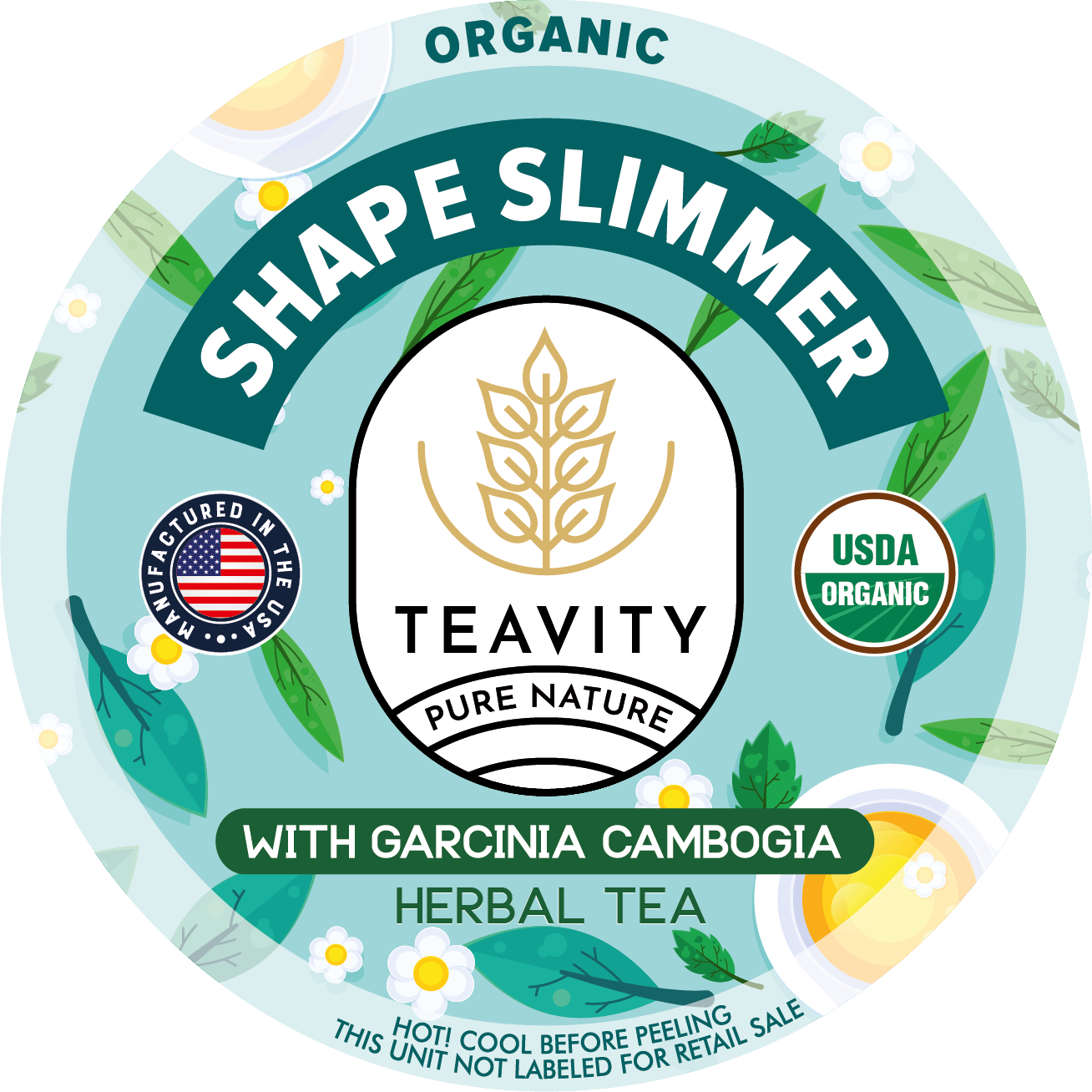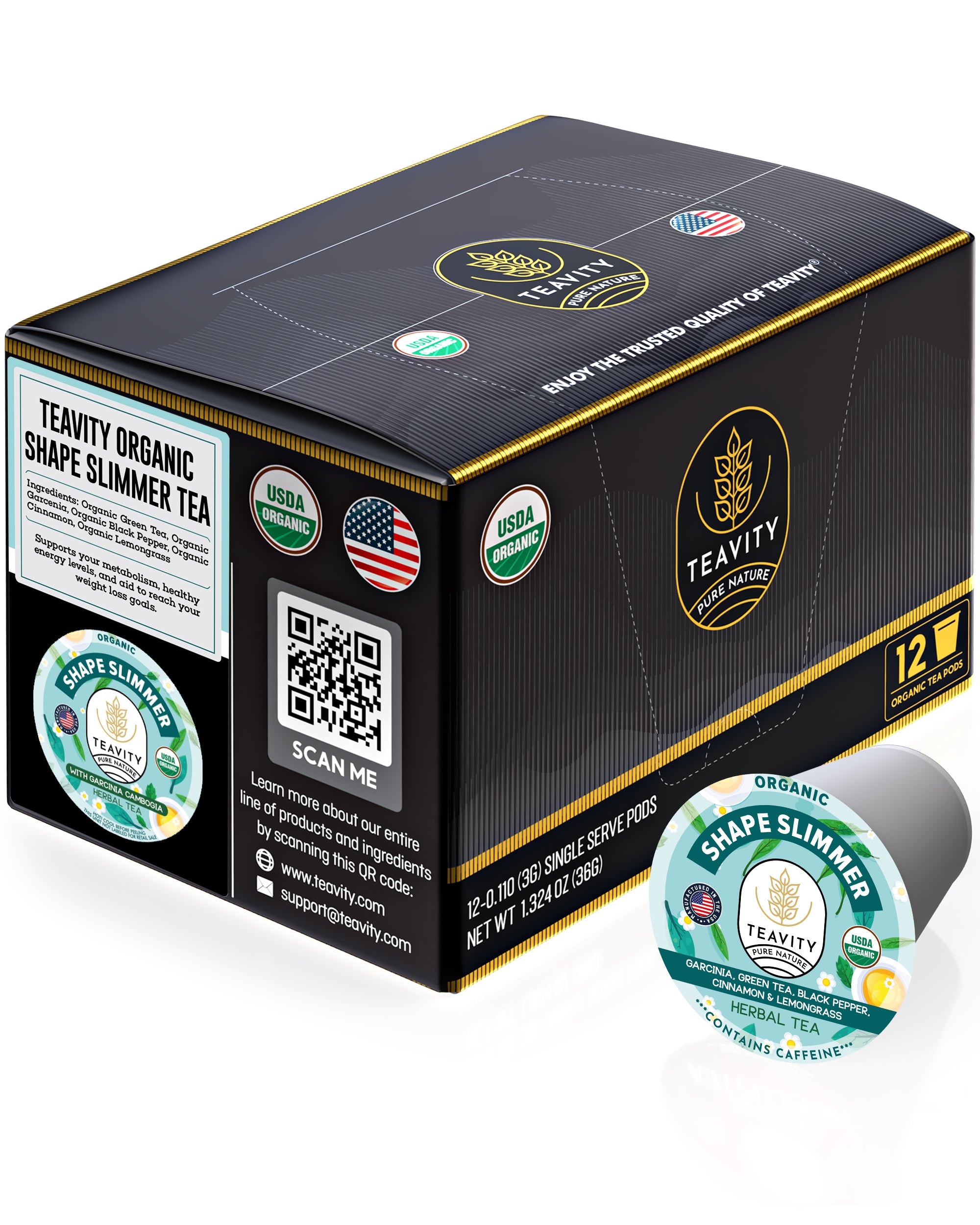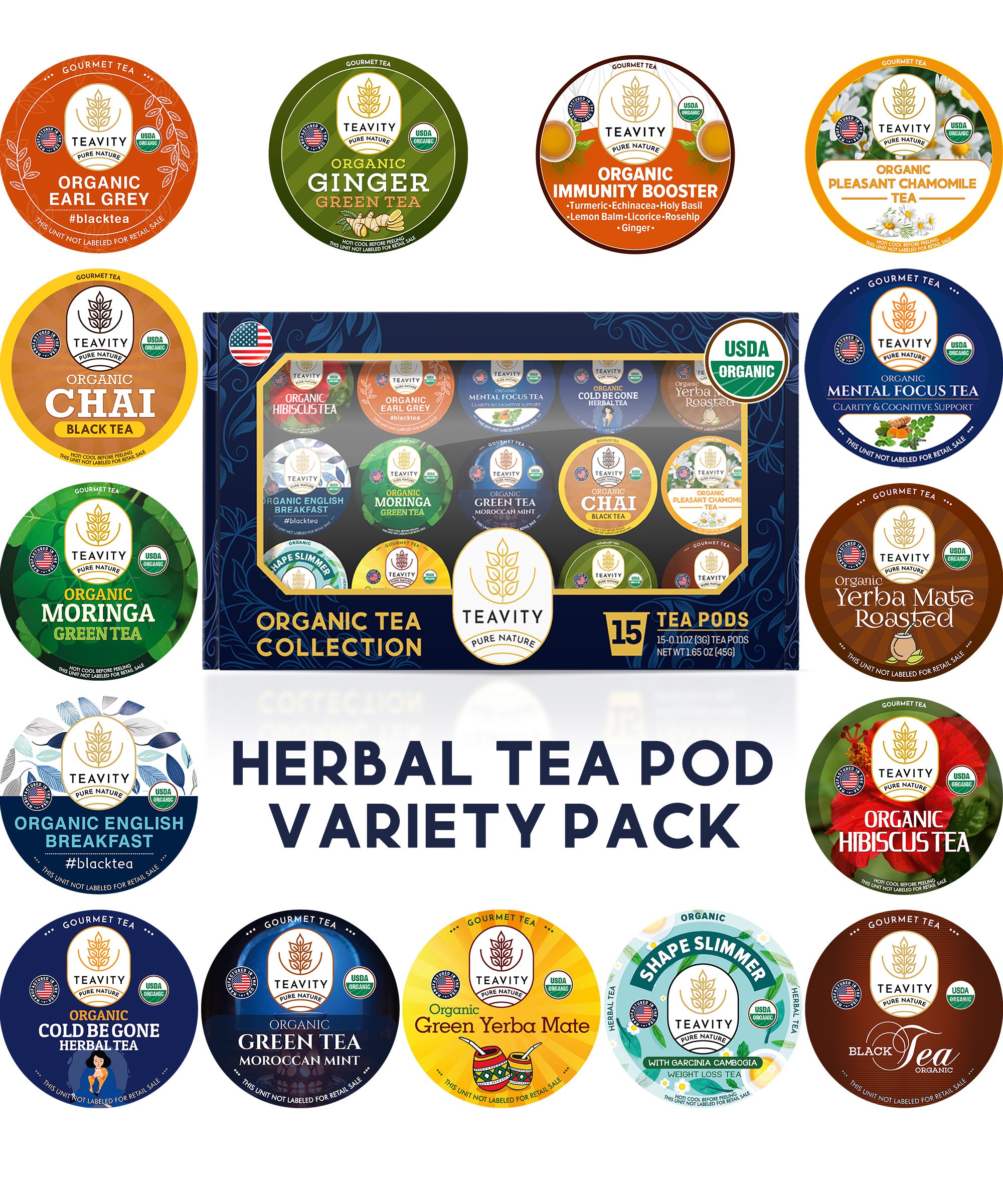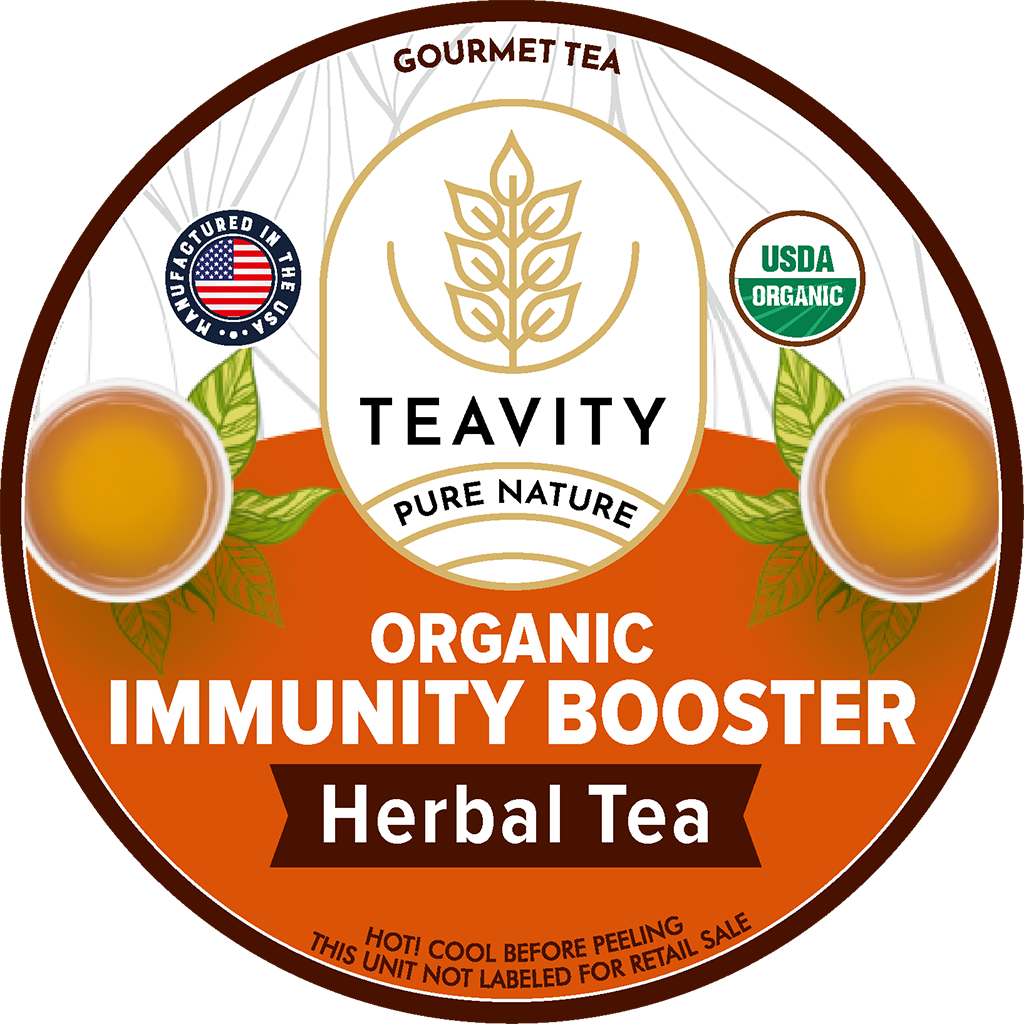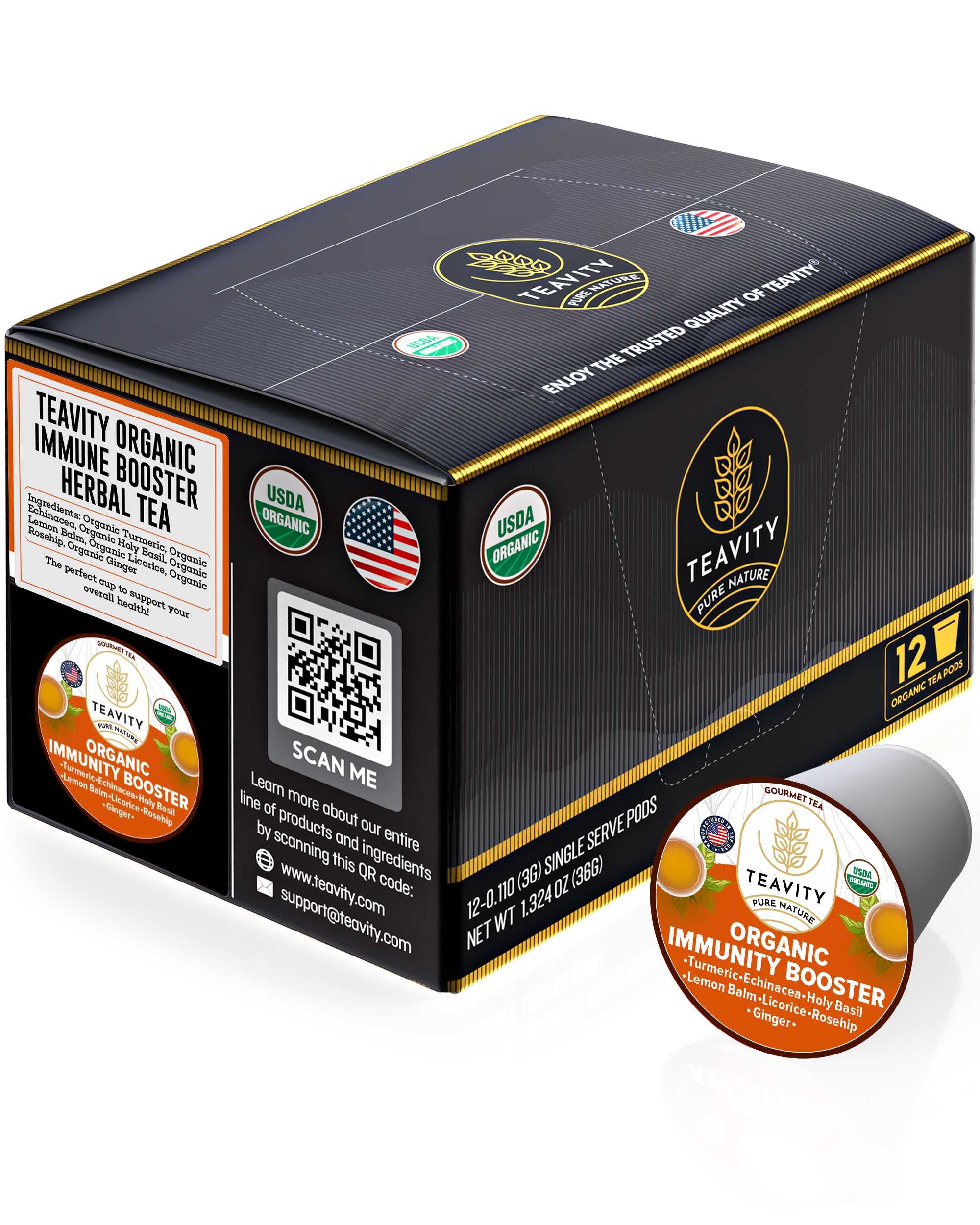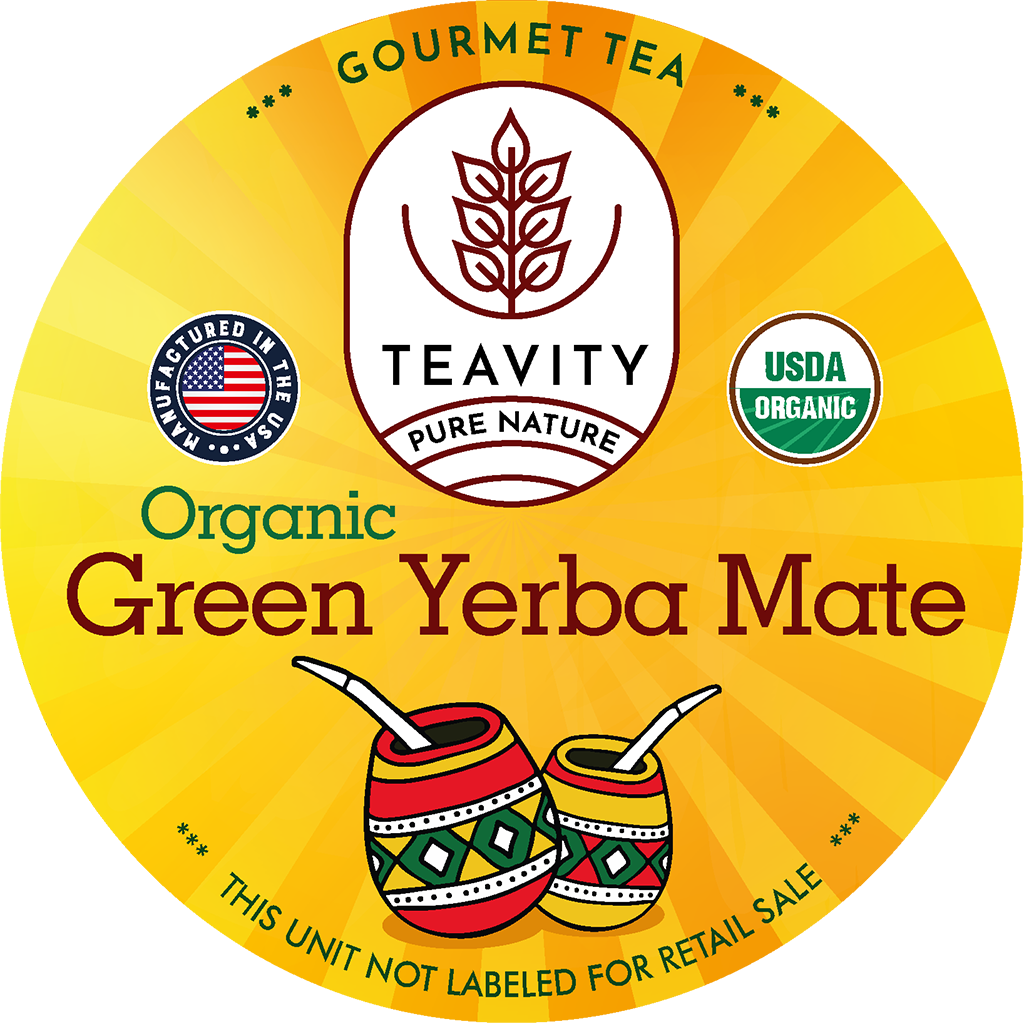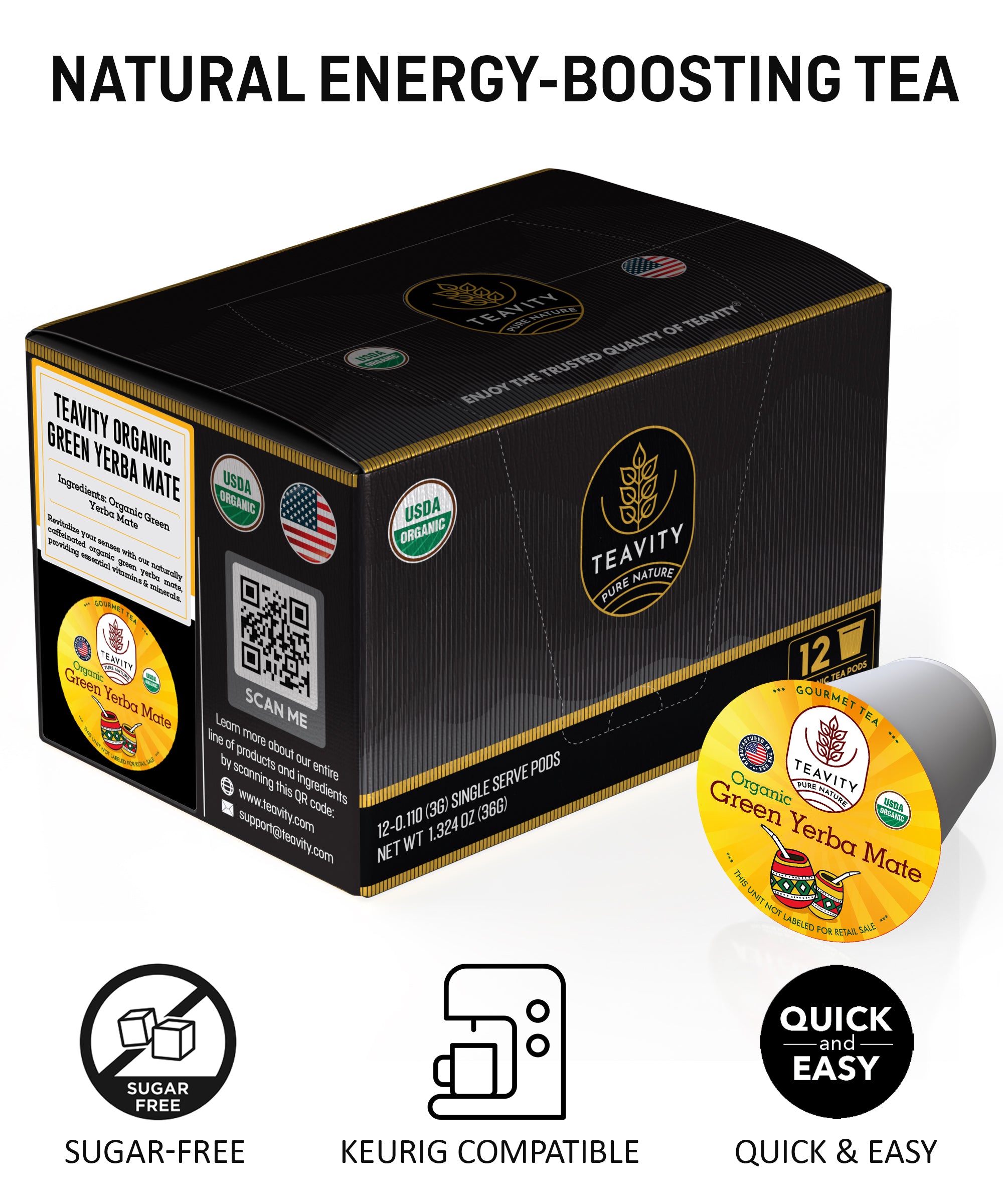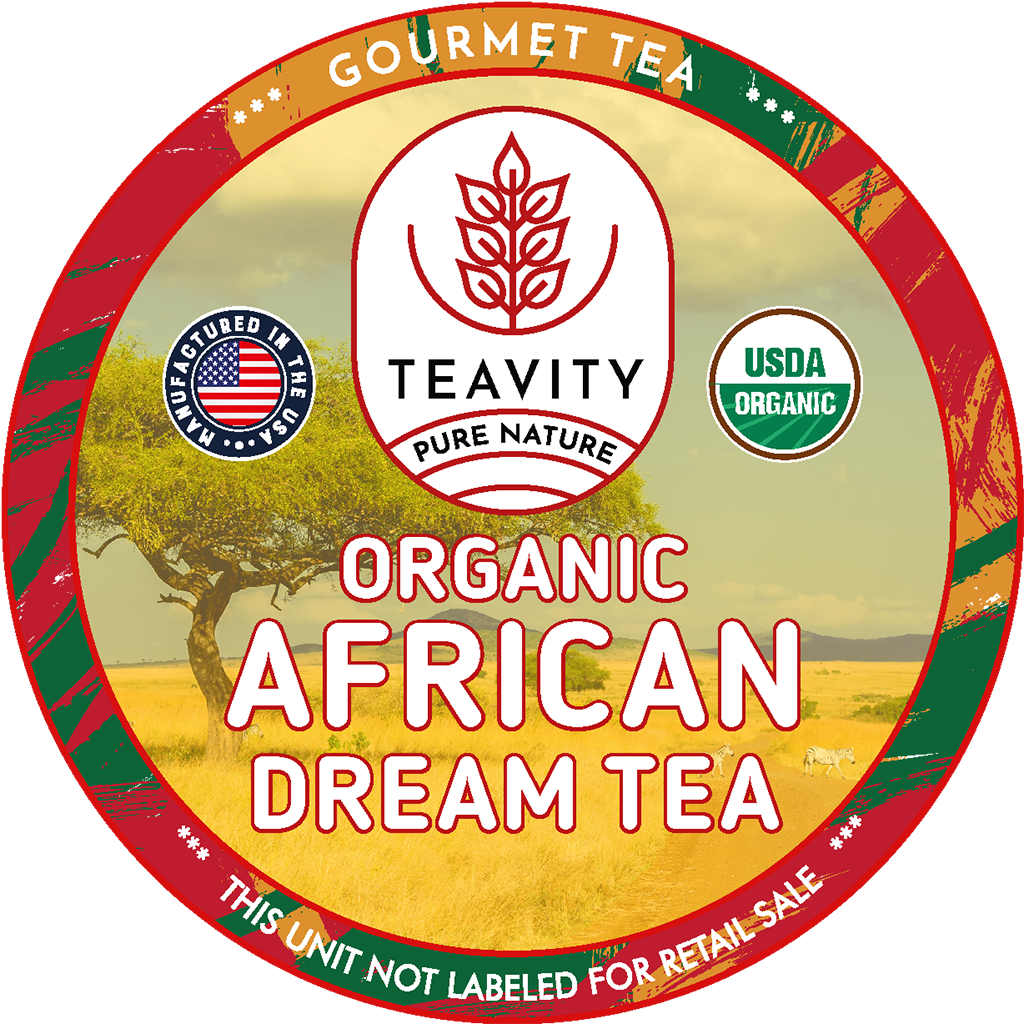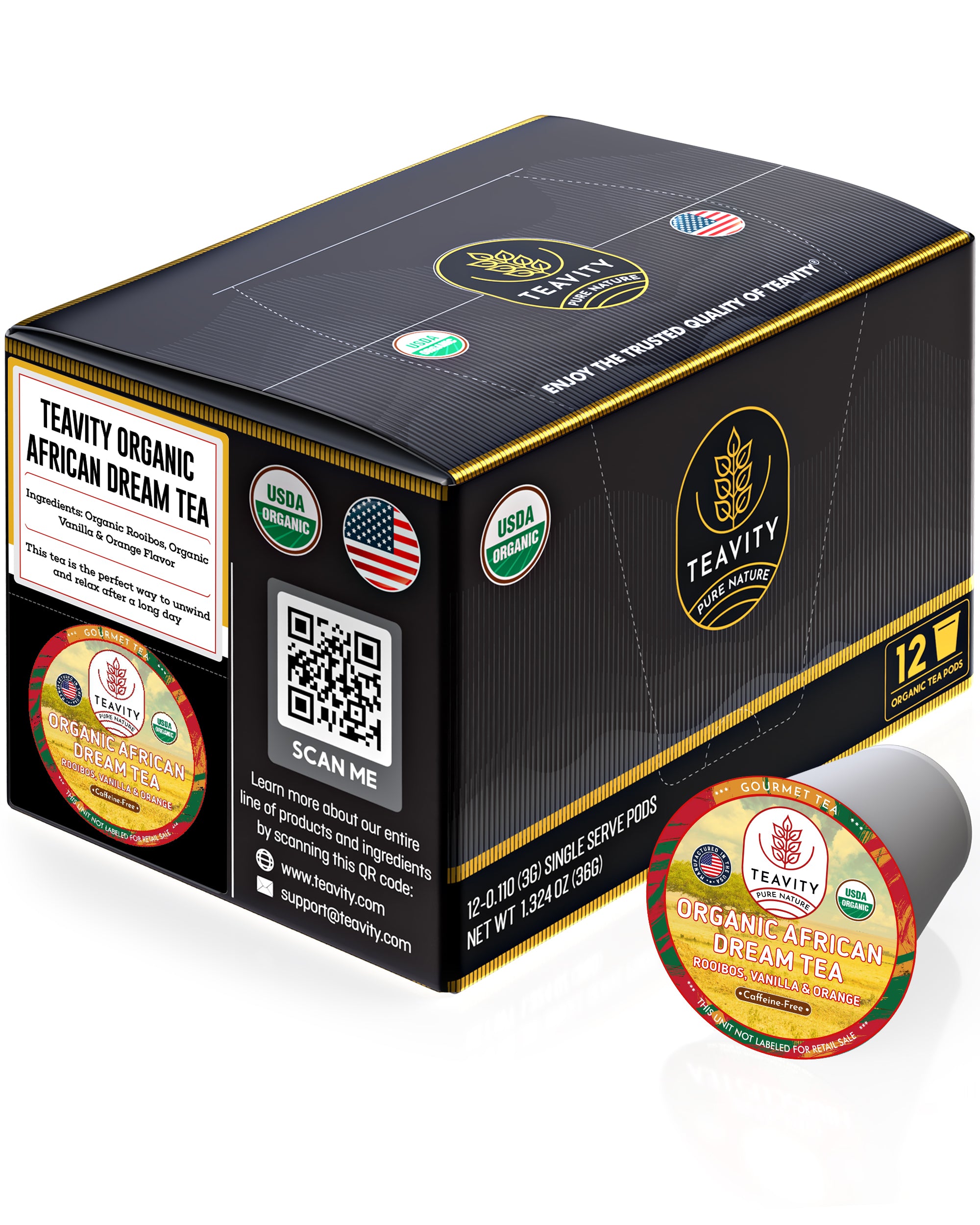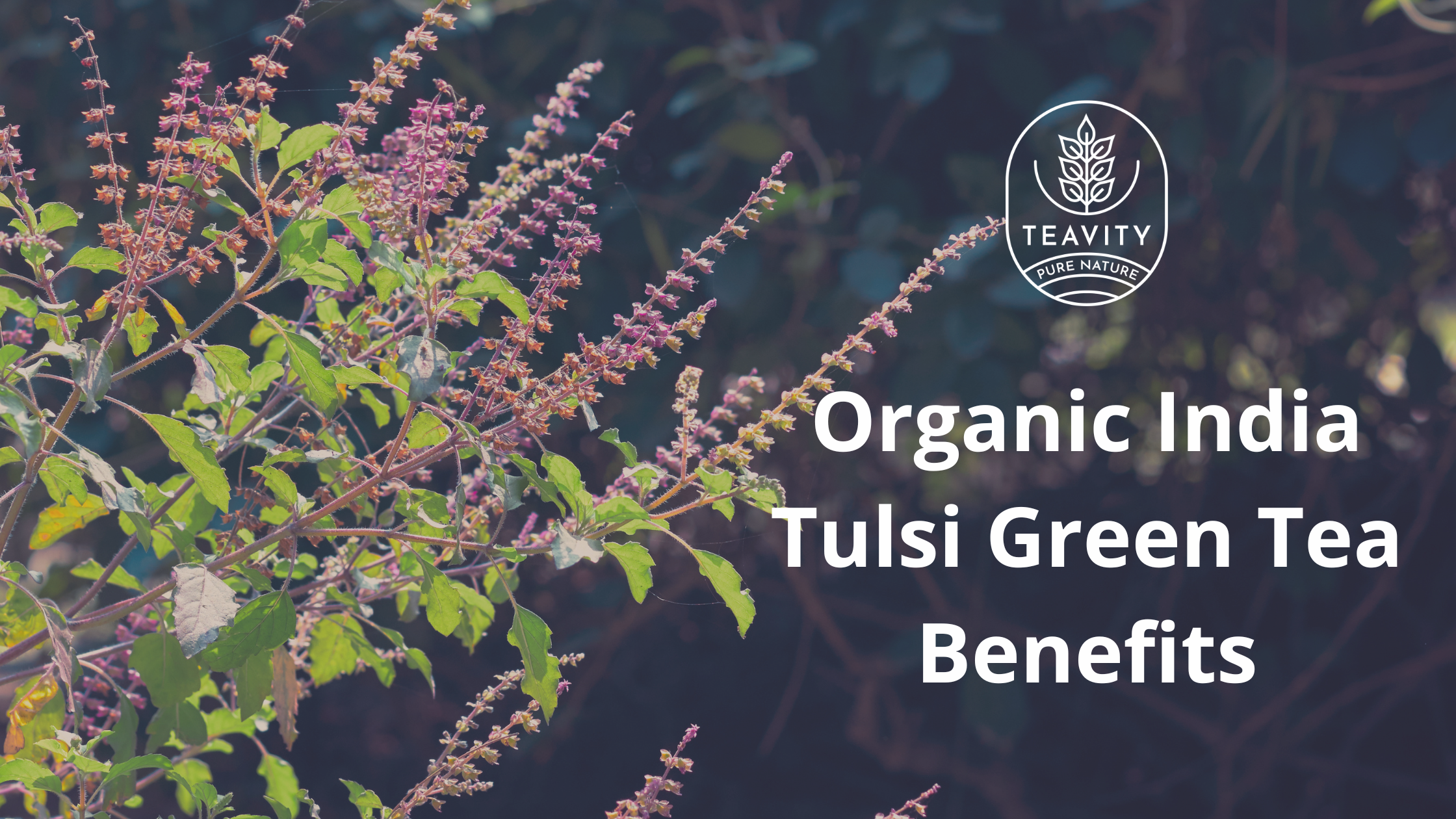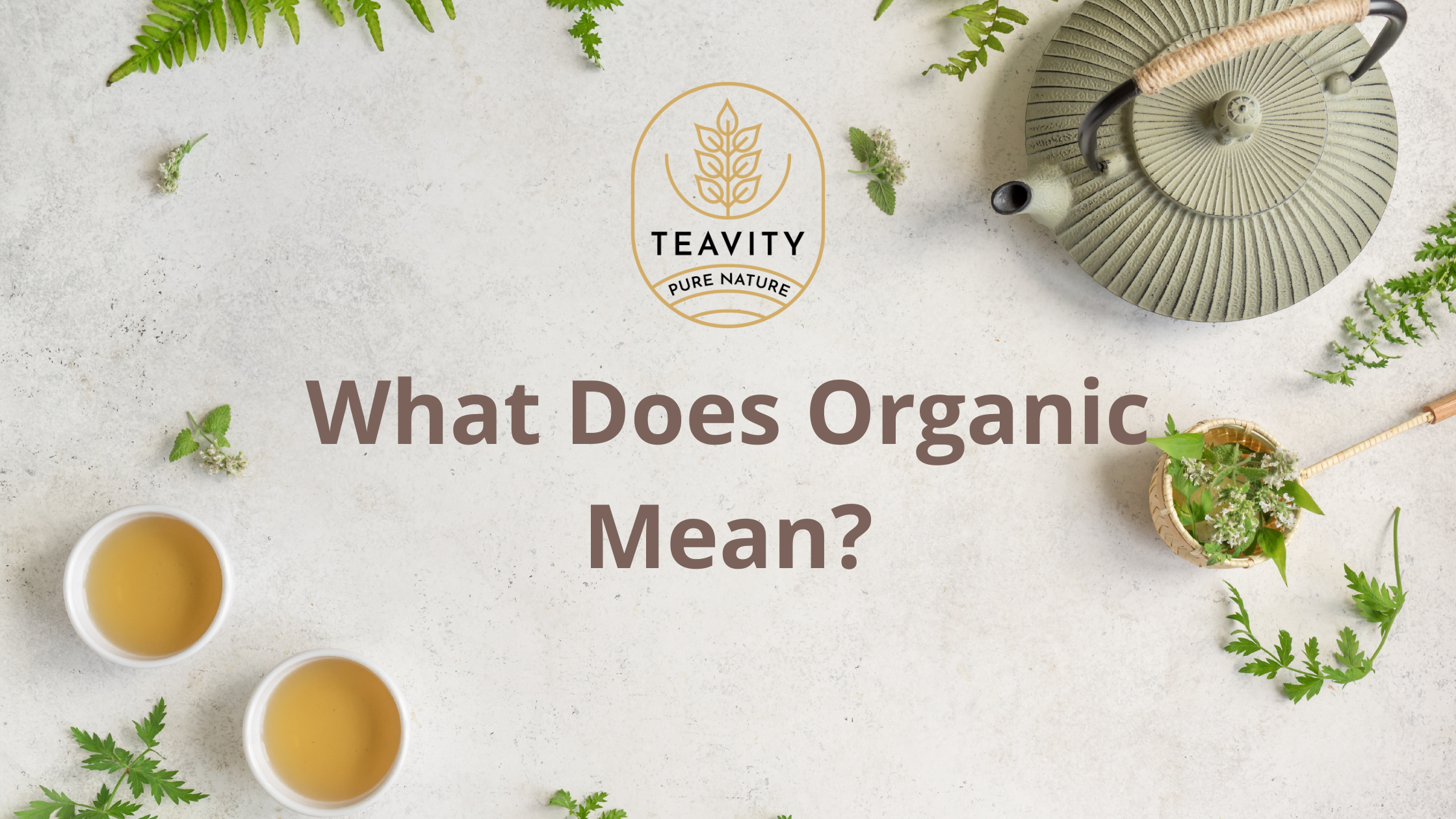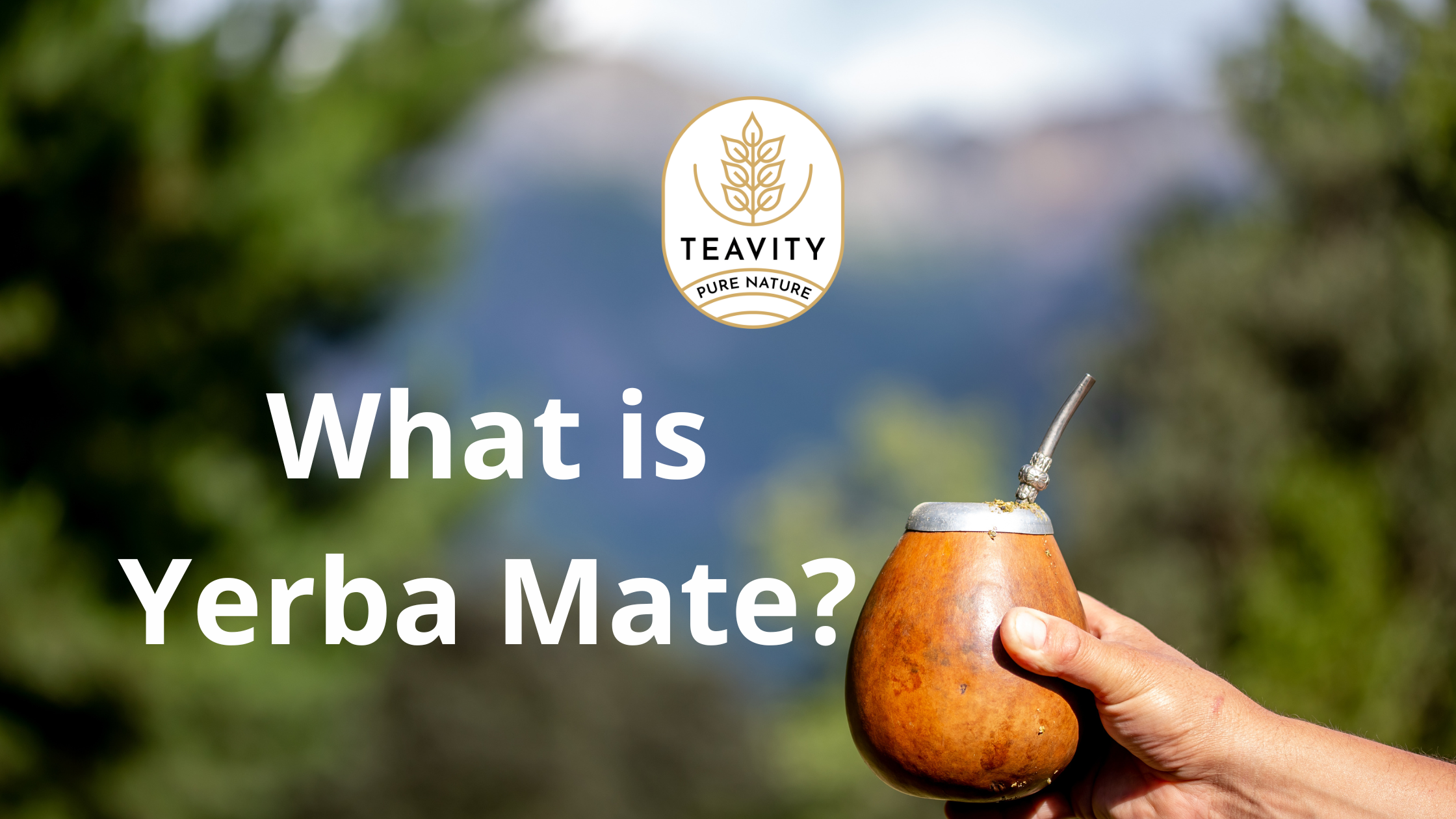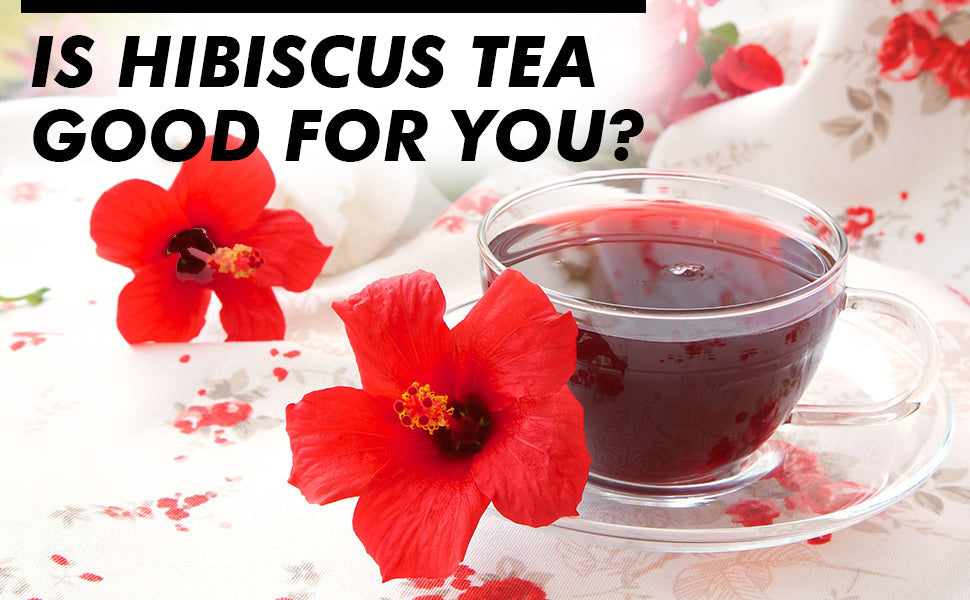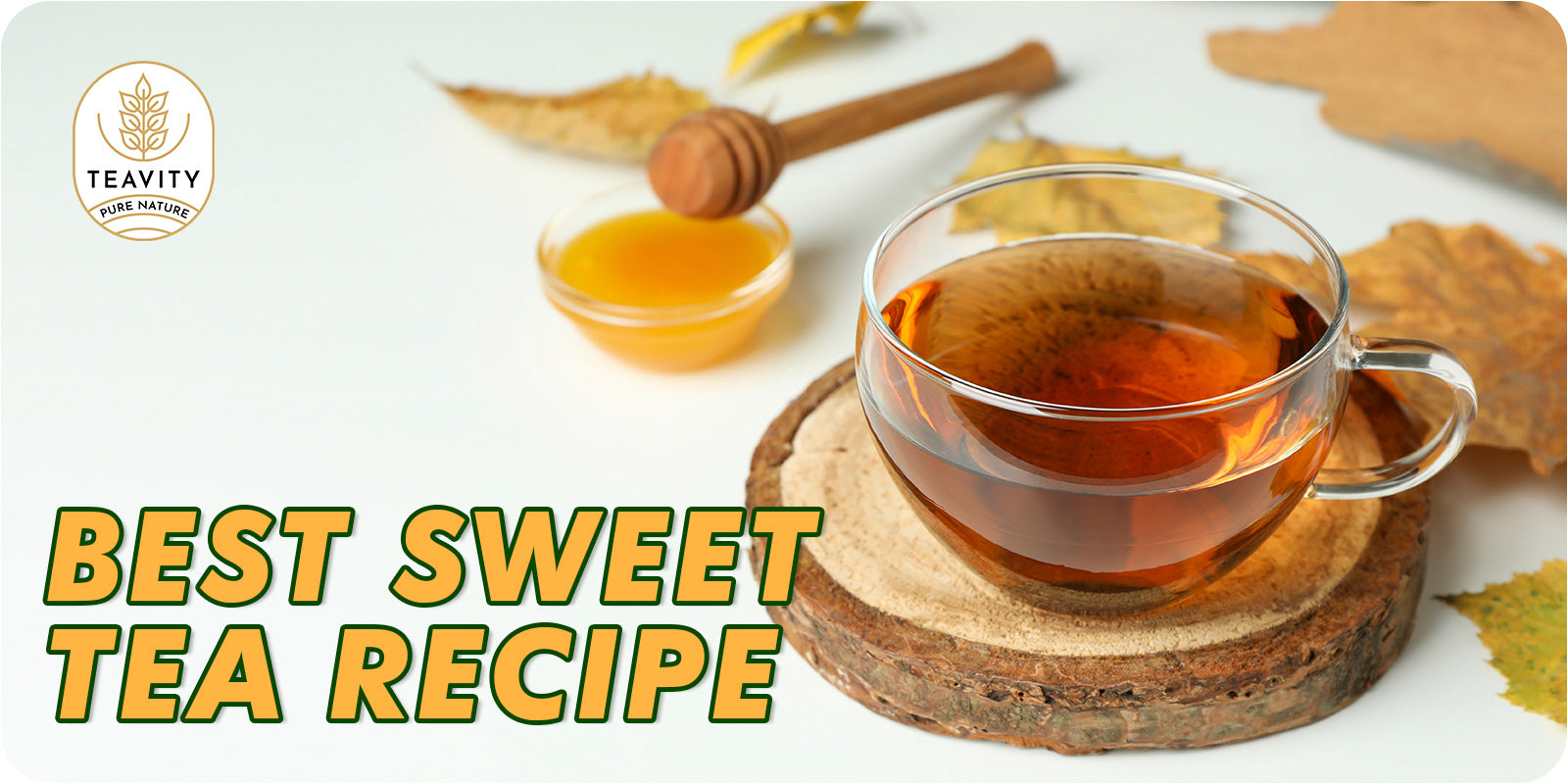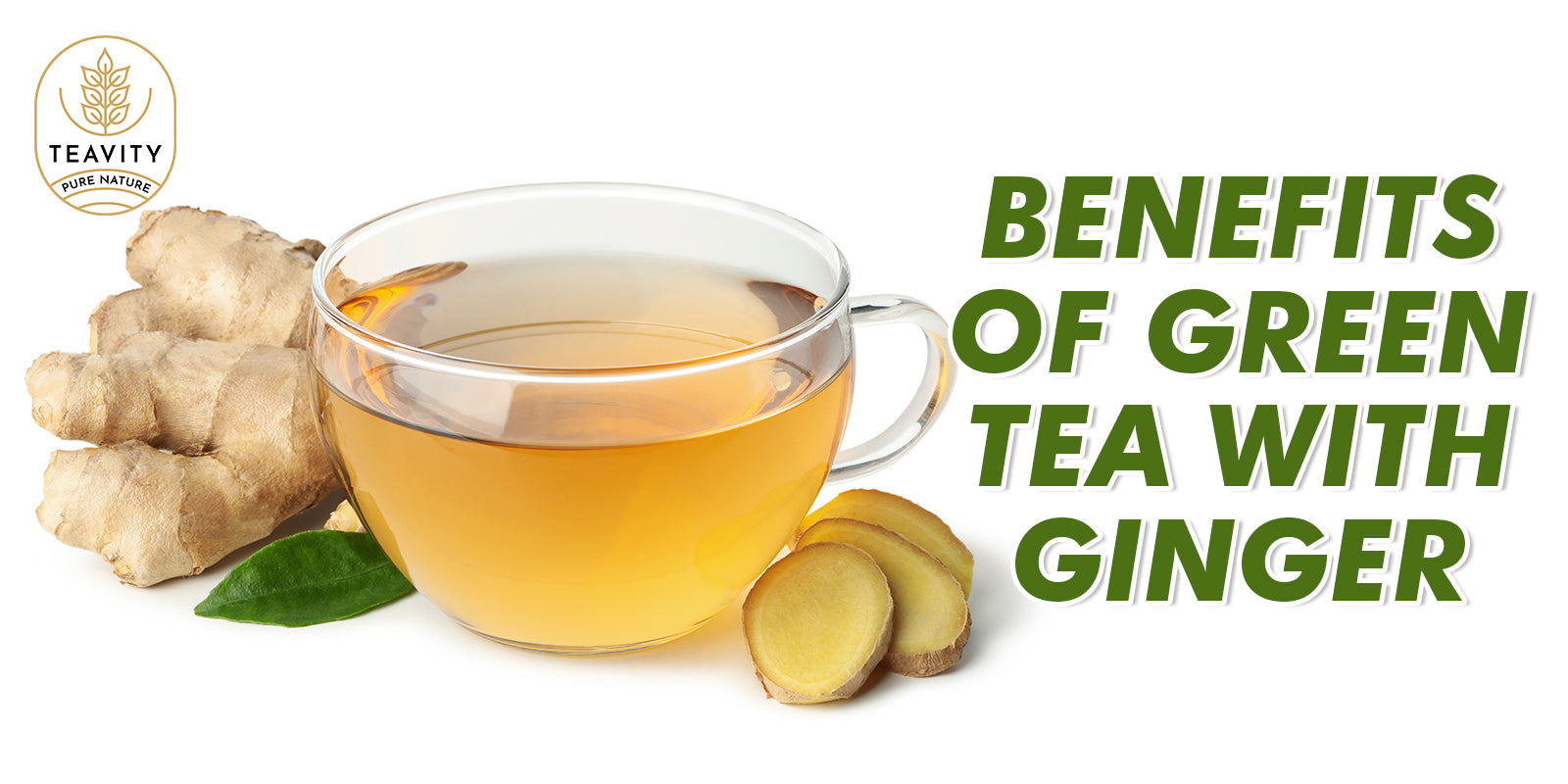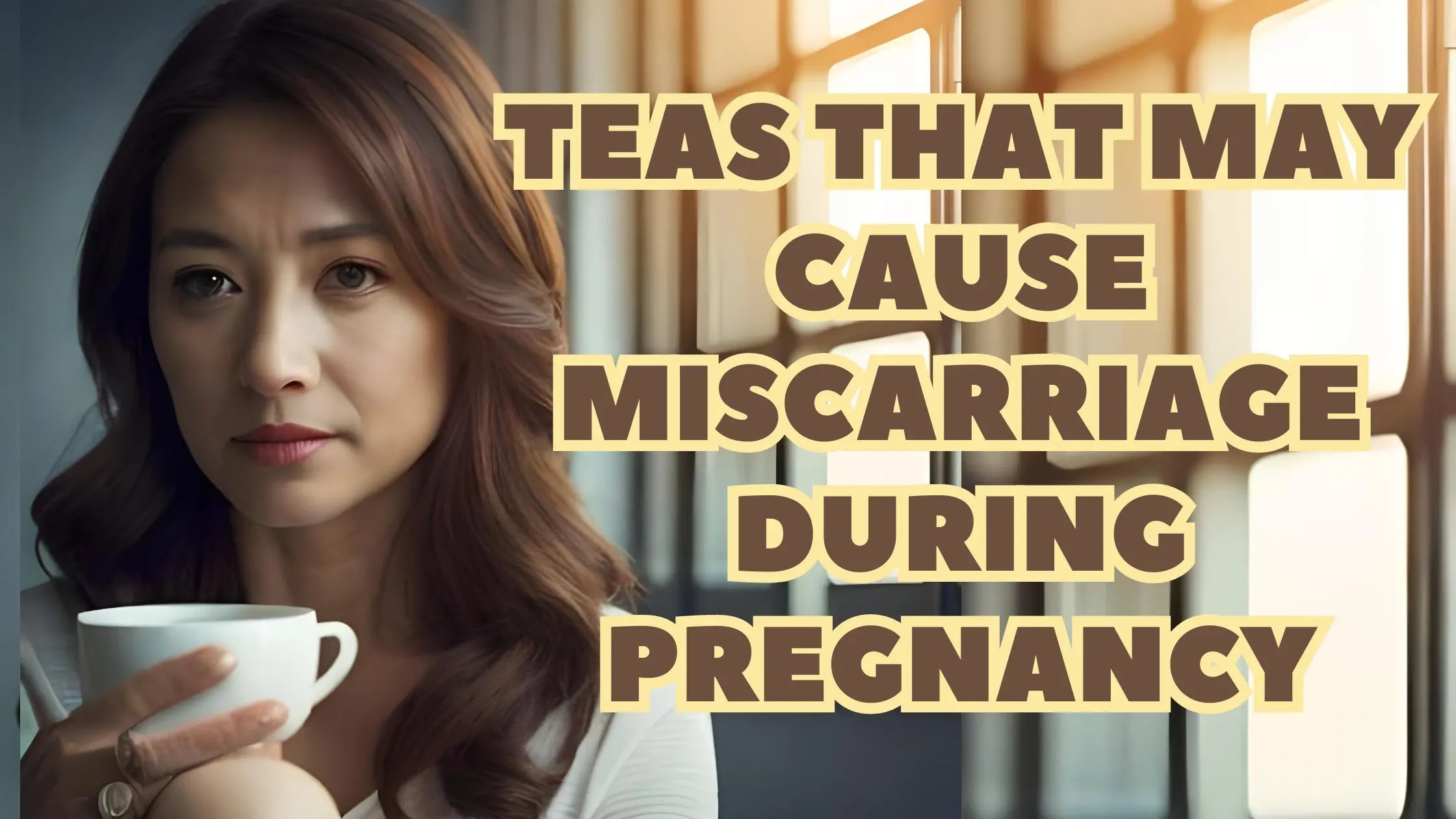
Teas That May Cause Miscarriage During Pregnancy
Introduction:
Miscarriage is a heartbreaking event that refers to the loss of a pregnancy before the 20th week. While several factors can contribute to miscarriage, it is essential to be aware of certain teas that could potentially increase the risk. In this article, we will explore teas to avoid during pregnancy and discuss safe alternatives that promote a healthy journey for expectant mothers.
Teas to Avoid during Pregnancy
- Herbal Teas to Avoid: Certain herbal teas have been associated with an increased risk of miscarriage. It is crucial to avoid the following herbal teas during pregnancy:
- Pennyroyal tea: Pennyroyal has historically been used to induce abortions and should be strictly avoided during pregnancy.
- Black cohosh tea: Black cohosh is known to stimulate uterine contractions and should be avoided to prevent complications.
- Blue cohosh tea: Similar to black cohosh, blue cohosh may have uterine-stimulating effects, which can pose a risk during pregnancy.
- Dong Quai tea: Dong Quai is believed to have hormonal effects and can potentially interfere with pregnancy.
To avoid consuming these teas during pregnancy, follow these steps:
- Read tea labels carefully and avoid any teas containing the herbs mentioned above.
- Opt for teas with ingredients known to be safe during pregnancy, such as ginger or peppermint.
- Caffeinated Teas and Their Risks: Excessive caffeine consumption during pregnancy has been associated with an increased risk of miscarriage. While moderate caffeine intake is generally considered safe, it is advisable to limit the consumption of caffeinated teas. Instead, consider the following alternatives:
- Herbal teas: Opt for caffeine-free herbal teas, such as chamomile, raspberry leaf, or lemon balm.
- Decaffeinated teas: Opt for decaffeinated versions of your favorite teas to enjoy their flavors without the caffeine content.
Safe Tea Options for Pregnant Women
- Pregnancy-Safe Herbal Teas: Fortunately, numerous herbal teas are considered safe during pregnancy and may even provide benefits. Some examples include:
- Ginger tea Is Known for its soothing properties and can help alleviate morning sickness and nausea during pregnancy.
- Peppermint tea: Peppermint tea can help ease digestion issues and provide a refreshing taste without caffeine.
- Rooibos tea: Rich in antioxidants, rooibos tea is a caffeine-free option that may contribute to a healthy pregnancy.
To incorporate these herbal teas into your pregnancy diet:
- Consult your healthcare provider to ensure these teas are suitable for your specific situation.
- Prepare the teas according to the recommended brewing instructions and enjoy them in moderation.
- Decaffeinated and Low-Caffeine Teas: If you prefer the taste of traditional teas, you can still enjoy them by choosing decaffeinated or low-caffeine versions. Consider the following options:
- Decaffeinated black or green tea: These teas undergo a process that removes most of the caffeine content while retaining the flavor.
- White tea: White tea is naturally lower in caffeine and offers a delicate flavor profile.
- Herbal infusions: Try caffeine-free blends like hibiscus, chamomile, or lavender for a soothing tea experience.
When choosing and preparing these teas:
- Check the packaging for clear indications of caffeine content, or opt for teas specifically labeled as decaffeinated.
- Brew the teas according to the instructions to ensure optimal flavor and safety.
Conclusion:
Being cautious about the teas you consume during pregnancy is essential for the well-being of both you and your unborn baby. Avoiding teas that may cause miscarriage and opting for safe alternatives can contribute to a healthier pregnancy journey. Remember, it is always advisable to consult with your healthcare professional for personalized advice and guidance throughout your pregnancy. Make informed choices and prioritize the health of yourself and your baby.
